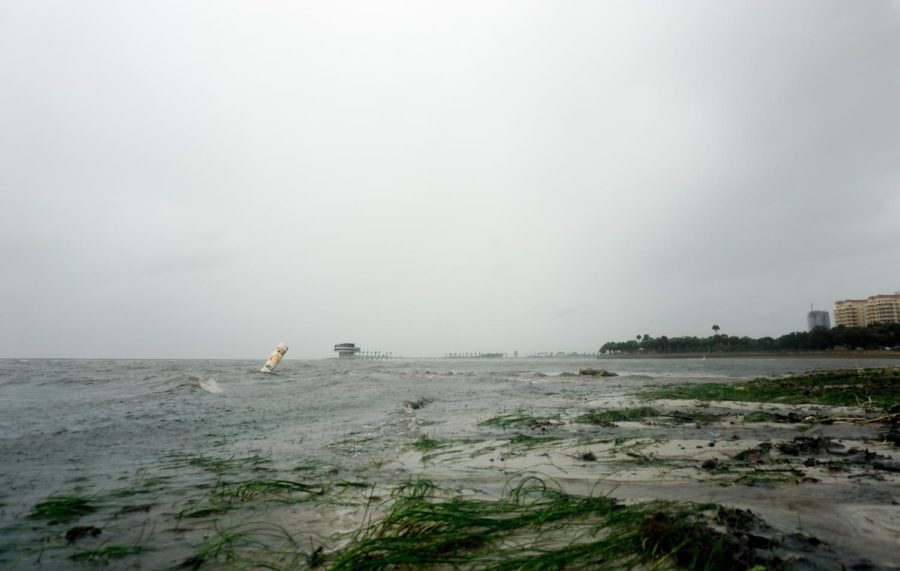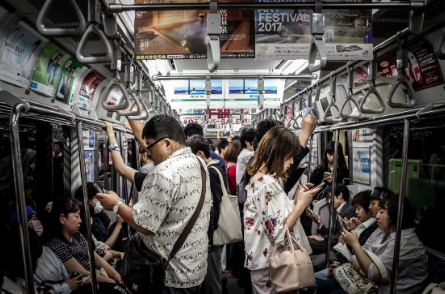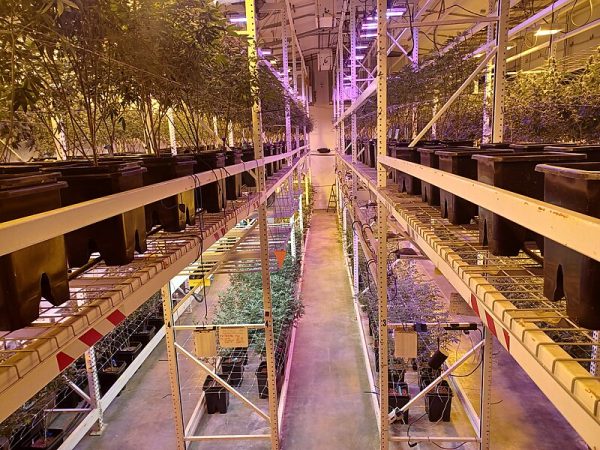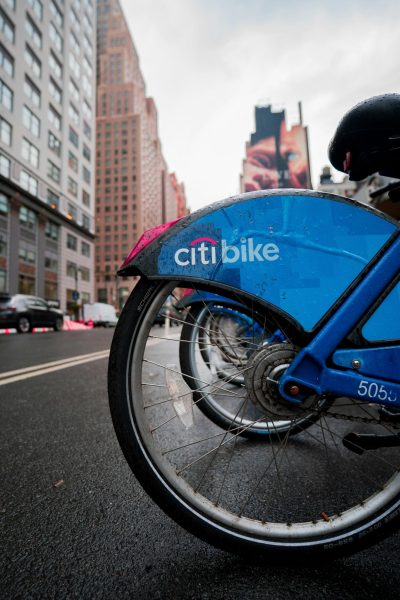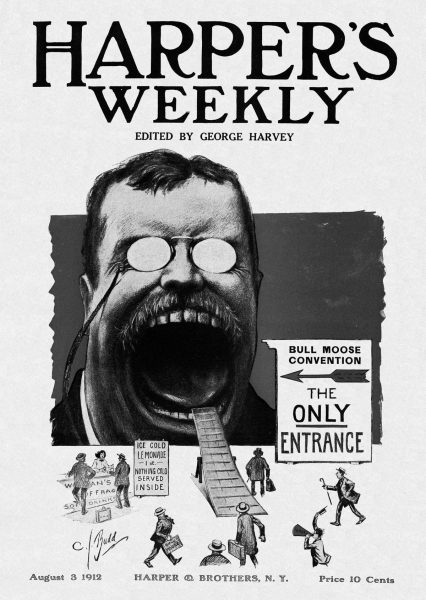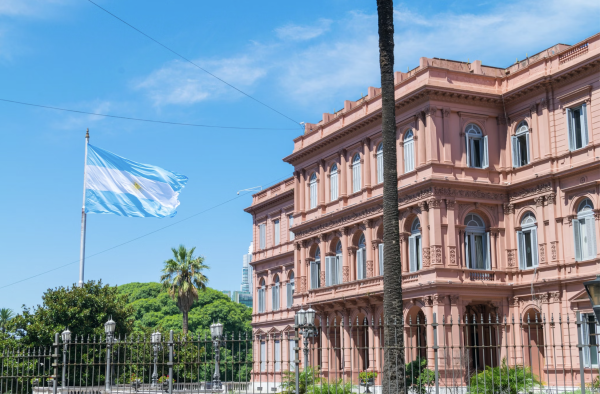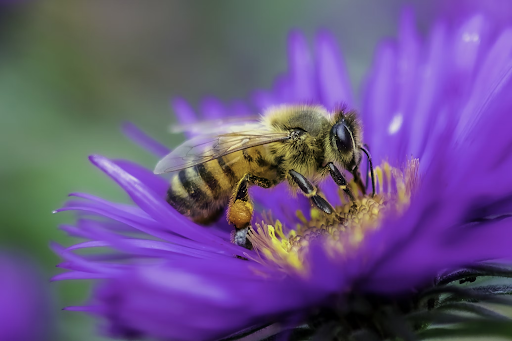Hurricane Ian and Cuba
In the aftermath of Hurricane Ian, Cuba had no power at all for three whole days. It was completely overshadowed by other world events of less humanitarian significance.
Tampa Bay Estuary Program / Unsplash
Here is a photo of the Gulf Coast as Hurricane Ian closed in on Florida.
Hurricane Ian caused immense amounts of property damage in the United States – between $41 and $70 billion dollars worth of damage, to be exact. Its wind speed at landfall on Florida’s Gulf Coast reached 150 mph, about ten miles per hour faster than those of Hurricane Katrina. It left nothing but destruction in its wake, slamming Florida, Georgia, and South Carolina as it traveled up the Atlantic Seaboard.
But what about Cuba? Ian was only a Category 3 storm with winds nearing 125 mph when it made landfall in Cuba on September 27th, 2022, and yet it still managed to knock the entire power grid out. Miraculously, only three casualties total were reported across the entire island, but Cuban officials also reported that in Pinar del Rio alone (a province of about 600,000 people), Ian damaged 68,370 homes and completely destroyed 7,664.
As three days passed on the island country without any power, precious few people seemed to be able to talk about it in the United States.
This isn’t surprising coming from tabloids, but when major newspapers like The New York Times publish only five articles about a devastating hurricane and over a hundred on a funeral of Quen Elizabeth II (ranging from discussing the political implications of the death to discussing what will happen to the Queen’s pet corgis), one has to wonder what it takes to be worthy of international attention (other major newspapers did no different when it came to the crisis: the Chicago Tribune and Wall Street Journal alike wrote only one article apiece).
Should it really take dozens of deaths for us to pay attention to an emergency in another country? What about the tens of thousands of people whose lives won’t ever be the same because of the harm that Ian inflicted? What about the 11 million people who were without light or running water for three whole days?
In Cuba, on the third night without power, protests broke out across the country. Cuba’s Energy and Mines Ministry released a statement claiming that the power in about 60% of the city of Havana and about 88% of the province of Mayabeque had been restored. That means that about 1.6 million people had power in a country of 11.32 million. People across the island shouted, some banging pots and pans, to demand power along with food and medicine.
Along with the humanitarian concerns, Ian created substantial economic issues: agriculture and farming were affected – namely tobacco farming, given that Cuba’s largest export is the cigar – are large industries, and the hurricane ravaged many tobacco farms across the island.
Ian devastated Cuba’s most esteemed tobacco farm Cuchillas de Barbacoa (“Barbecue Knives of Meat”). Photos of the farm, released right after the storm had passed, showed damage to its barns and buildings, along with flipped tractors and trees stripped of their foliage.
Cuchillas’ owner, Hirochi Robaina, made a singular statement to Cigar Aficionado the morning after the maelstrom: “Estamos vivos.” We are alive.
Recovery is far from over. As of Tuesday November 15th, 2022, the AECID (“Agencia Española de Cooperación Internacional para el Desarrollo,” or “The Spanish Agency for International Development Cooperation”) sent 100,000 Euros’ worth of humanitarian aid to Ian’s victims in Cuba. The aid will be distributed by the provincial government of Pinar del Rio, where families were most affected.
Hindsight is 20/20, and anyone can simply say they’ll pay more attention next time, but it’s rather telling that the majority of people in the United States paid more attention to the passing of a political figurehead than to a humanitarian crisis.
Cuchillas’ owner, Hirochi Robaina, made a singular statement to Cigar Aficionado the morning after the maelstrom: “Estamos vivos.” We are alive.
Felicia Jennings-Brown is a Copy Chief for ‘The Science Survey.’ What she appreciates the most about journalistic writing is its use as a channel to...

